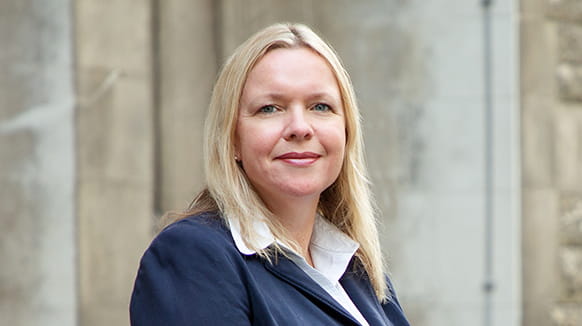Maritime Autonomous Surface Ships (“MASS”) were on the agenda at two IMO committee meetings in April 2024. At the 48th session of the Facilitation Committee (“FAL”) and at the 111th session of the Legal Committee (“LEG”) approval was given to the roadmap for addressing legal issues related to MASS, as well as revising the roadmap in relation the impact of MASS on the Convention on Facilitation of International Maritime Traffic (the “FAL Convention”). The FAL Convention, which was first introduced in 1967, aims to simplify requirements and procedures on ships’ arrival, stay and departure and is continuously updated by the IMO.
In summary, these roadmaps provide that1:
- By Spring 2025 (FAL 49 and LEG 112), FAL and LEG will assess the finalized non-mandatory MASS Code. LEG is also to consider the need for amendments to or interpretations of treaties based on the outcomes of the Joint Maritime Safety Committee (MSC), LEG, and FAL Working Group on MASS (the “Working Group”) and proposals to develop guidelines on the implementation of the legal instruments identified by LEG.
- By 2026 (FAL 50 and LEG 113), FAL and LEG will assess the mandatory MASS Code. In the case of LEG, this will be the approved MASS Code and they will again consider the need for amendments to or interpretations of treaties, while FAL will assess the adopted MASS Code and consider proposed amendments to the annex to the FAL Convention.
- By Spring 2027, FAL will adopt amendments to the FAL Convention (by FAL 51) and LEG will adopt or approve amendments to or interpretations of treaties (by LEG 114).
At their respective meetings, both committees also considered the report by the Working Group which had met for its second session in April 20232. The LEG Committee approved the report and the FAL Committee concurred, in principle, with key elements, including the role and responsibilities of the MASS master, MASS crew and remote operation centres. The key elements of the Working Group report were:
- There should be a human master responsible for each MASS, regardless of mode of operation or level of autonomy.
- The master may not need to be physically on board – depending on the technology used and the human presence on board.
- Regardless of the degree of autonomy or mode of operation, the master should have the means to intervene when necessary.
- Only a single master should be responsible for a MASS at any one time, although several masters could be responsible for a MASS on a single voyage.
- The master may be responsible for multiple MASS at the same time but only under certain conditions although this is to be the subject of further detailed discussion.
The Working Group will have its third session between 8 and 10 May 2024 where it is expected these new roadmaps will be discussed, together with MASS Code. The adoption of the MASS Code, which was to be adopted in the second half of 2024 to apply to cargo ships with it becoming a mandatory code for others by 2028, has been delayed. During the 9th Maritime UK Autonomous Systems Regulatory Working Group Conference 2024 earlier this year, it was said that the MASS Code, which will be goal based, would be adopted in 2025 as a non-mandatory code but will not be amended prior to it becoming a mandatory code. At this stage, we understand that the MASS Code will cover matters such as operational context, risk assessment, system design principles, software principles connectivity, alert management and human element in the part dealing with main principles for MASS. The goals and function requirements will cover issues such as navigation, remote operations, communications, stability and watertight integrity, security, search and rescue, cargo handling, personnel safety and comfort.
IMO Seminar – future developments
Alongside these recent meetings, the IMO held a seminar on implications, challenges and opportunities of Maritime Autonomous Surface Ships (MASS) for ports and public authorities.
The speakers included representatives from companies including ABB Norway, and Massterly. The update from Massterly provided details on the various projects that they are involved with including Yara Birkeland and the two vessels for ASKO Maritime. Each of these three vessels is currently operating with just three crew on board, but the intention is that the chief engineer will return to shore in July and the vessels will then operate with just two navigators on board, whilst being monitored from Massterly’s Remote Operations Centre. Massterly is also continuing its work with Reach Subsea and Kongsberg Maritime to introduce Unmanned Surface Vessels that will act as mobile power banks, data centre and communication modules for underwater Remotely Operated Vehicles. When introduced, both of these will be operated from an onshore control centre and will be without crew from day one.
1 The FAL Committee’s roadmap had previously provided that any necessary amendments to the FAL Convention would be developed by 2024 and adopted in 2025.
2 See Mark Johnson, Fiona Cain and Kayley Roussell, ‘A stop on the route to regulating autonomous vessels’ for Ship Technology Global.


